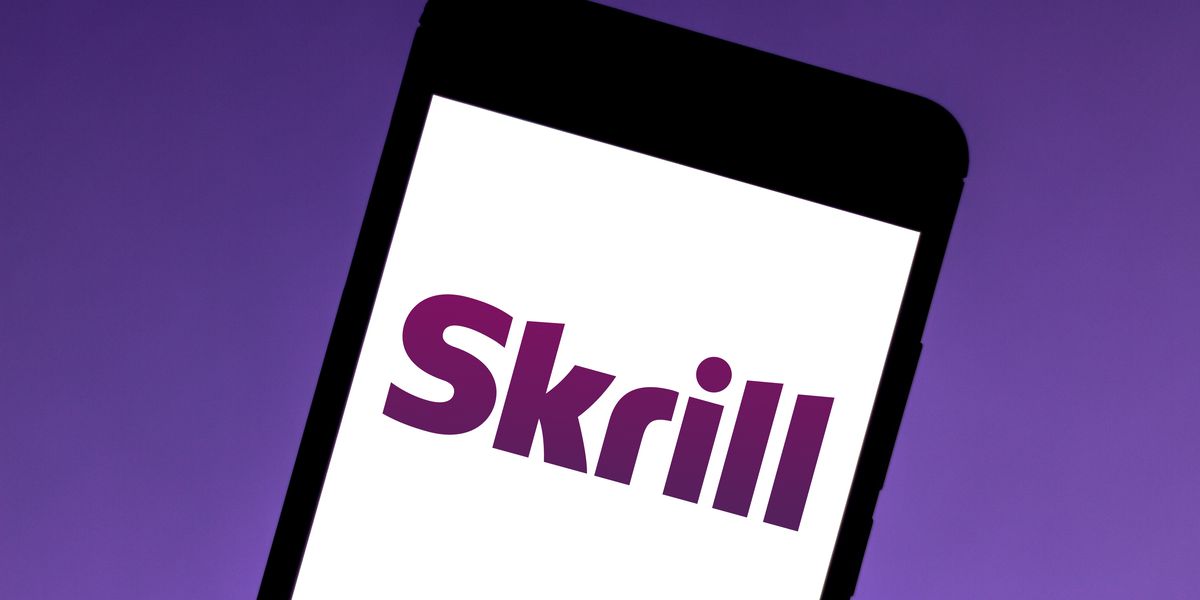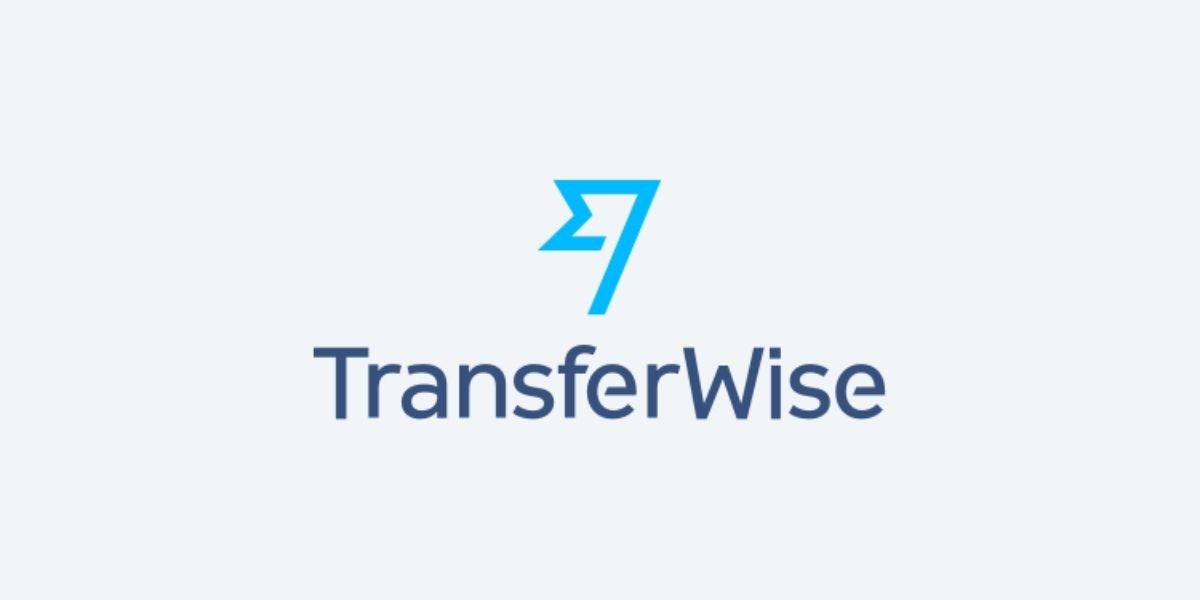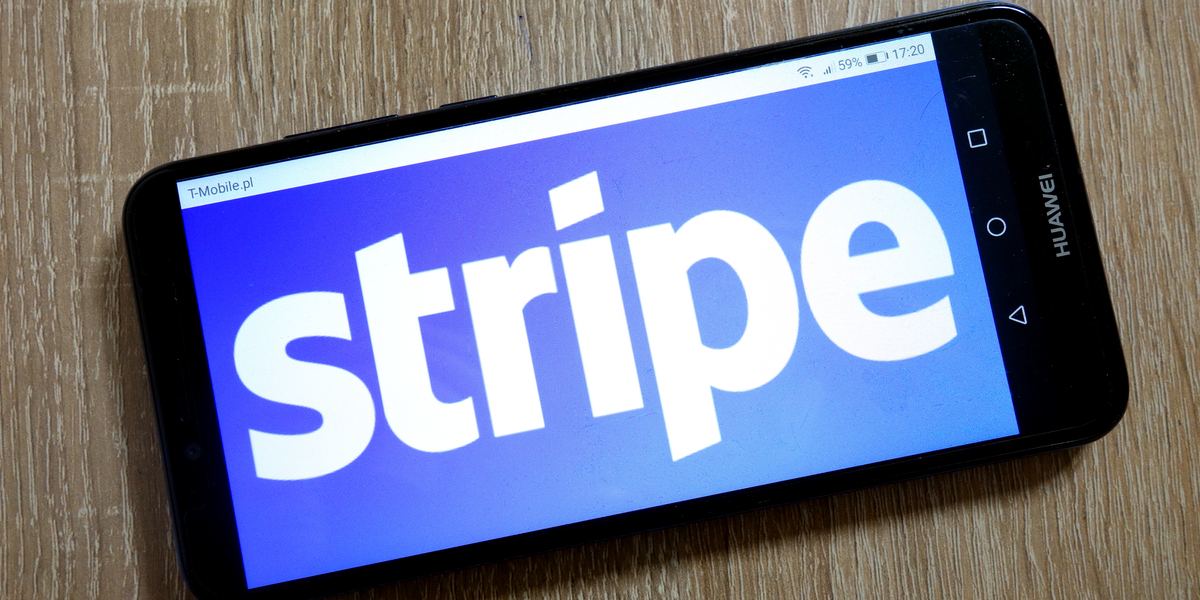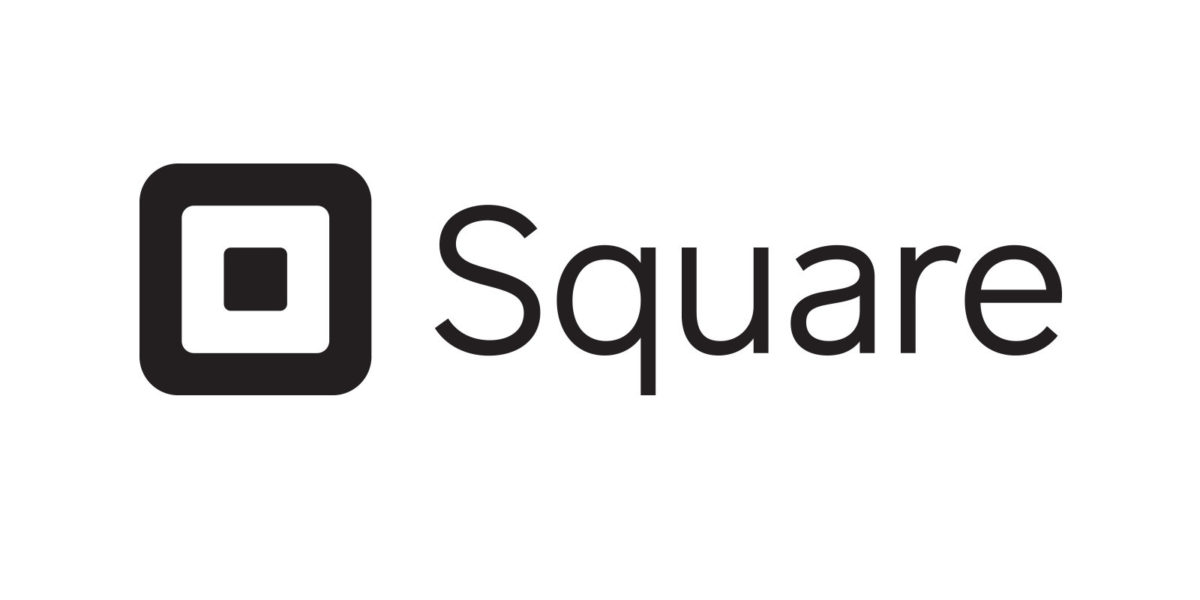The last couple of months have certainly reiterated the importance of digital money and online payments.
10 years ago, this article would have been laughed out of town, but a surge in demand for online purchases and bank transfers has opened up a world of opportunities for fresh, alternative online payment systems.
Nonetheless, there’s no doubt that PayPal still flies the flag atop (online) ‘money mountain’.
Having been bought over by eBay in 2002, PayPal have gone on to accumulate over 235 million active accounts worldwide, serving 17 million businesses in the process.
PayPal accounts have been praised for their effortless and robust invoicing, ecommerce and payment processing service, but one of the main reasons they remain so popular is because of their reputation and longevity in the online payment industry.
It’s no secret that there are PayPal alternatives out there with lower chargeback fees, faster withdrawal turnarounds, added protection for digital sellers and better customer support. On top of that, PayPal has been known to freeze bank accounts for up to six months without any prior warning.
PayPal’s entry transaction fee of 3.7% and supplementary payment processing fees can be a real turn off for small and growing businesses, which is why we’ve compiled a list of the best alternatives to PayPal.
Fancy doing some further digging? Check out our cheapest merchant services for small businesses article, as well as, our best card processing services post. Alternatively, if you’re on the hunt for a new card machine, you’ll have to check out our best card machine for a small business recommendations.
What are the best alternatives to PayPal right now?
Get the kettle boiled and the Jaffa cakes ready - it’s showtime.

Skrill
London-based Skrill is an e-commerce online payment platform with a focus on low-cost international transfers. The platform works on a prepaid basis where you send money to your customer account via your debit or credit card.
Formerly known as Moneybookers, Skrill is an easy-to-use payment service that allows you to send and receive money, store cards, link bank accounts and transfer money using only your email address and password.
In terms of transaction costs, Skrill charges a 2.9% merchant transaction fee, while ‘wallet holders’ only pay fees of 1.45%. If you fancy yourself as a bit of a card shark, Skrill is set up for gambling (something PayPal is not) and other games that require large sums of money.
Skrill was developed with cryptocurrencies like Bitcoin and Ether in mind and their clean and simple interface makes it a great option for growing businesses who predominantly work digitally.
Pros
- Low-cost international transfers.
- Cheap transaction fees.
Cons
- Not very popular in the retail industry.
- Inactivity fees occur after 12 months.

TransferWise
If you’re looking for cheaper ways to send international payments, TransferWise is definitely worth considering. Instead of masking costs behind further costs, TransferWise works by charging one low-cost, up front fee.
They also claim to provide the first exchange rates for international transfers which encourages consumers, freelancers, and international online platforms to use their payment method.
Transferwise pride themselves on their multicurrency borderless accounts which makes them one of the best PayPal alternatives for growing ecommerce businesses conducting high volumes of international transactions.
With the borderless account you’ll receive a TransferWise debit card, access to manage money in over 40 countries, run payroll or batch payments, charge clients and more. TransferWise for business also allows you to invoice your customers in their chosen currency.
But, how does it work? Say, for instance, you’re from Scotland and you’re looking to transfer money to a friend in Australia. Transferwise will take your payment into their UK bank account and then pay your friend from the TransferWise Australian account using the real exchange rate.
Pros
- Cheap international payments.
- Invoice your customers in their preferred currency.
Cons
- You can’t send or receive money if it’s not a bank transfer.
- Borderless account is restricted to four currencies (EUR, GBP, USD, AUD).

Payoneer
Payoneer is one of the most popular payment providers with 4 million users operating in over 200 countries. The US based company is best suited to SMEs who are looking for a jack-of-all trades payment platform to handle their transactions.
Their secure, affordable and speedy service hasn’t gone unnoticed by customers and clients and their focus on specific markets such as ecommerce, freelancing, online shopping and online advertising gives them an edge over other alternatives.
Similar to TransferWise, Payoneer provides a debit card that can be used to withdraw money from worldwide ATMs (£1.50 additional fee) or brick and mortar stores.
Payments between Payoneer customers are free of charge, while credit card transactions from customers are charged at 3%, and debit cards or eChecks at 1%.
Despite the rather pricey credit card transaction fees, Payoneer is a worthy alternative to PayPal that provides secure services for both individuals and businesses in global markets.
Pros
- Quick and easy set-up.
- Simple pricing.
Cons
- Hefty credit card transactions fees.
- No payment gateway with Payoneer.

Stripe
Since it was founded in 2010, Stripe has become one of PayPal’s greatest online competitors. The service is only available to U.S and Canada-based businesses, but payment can be received from all around the globe.
Regarding Stripe fees, their pay-as-you-go pricing plan charges 1.4% + £0.20 for EU-based cards and 2.9% +20p for non-EU purchases.
Stripe’s transparent and flexible approach means there’s no set up or recurring monthly fees, while their sophisticated yet simple API ensures that customers will breeze through your website with no issues.
You may have noticed ecommerce platforms like Shopify payments using Stripe as their preferred payment method. The beauty of Stripe’s approach is that they eliminate the need for a merchant account and gateway which hasn’t gone unnoticed. The downside? Their transaction fees are on par with PayPal’s.
Stripe accepts credit card, debit card and Bitcoin payments from over 135 countries and also saves payment details after your first transaction so you’re only one click away from getting the job done. You can check out our full Stripe review if you’d like to find out more!
You can also have a skim through our Stripe vs PayPal review for a deeper insight into the two payment providers!
Pros
- Stripe automatically transfers your transaction money in a bank account.
- Apple and Android Pay are supported.
Cons
- International cards incur an additional transaction fee.
- It takes 2-3 days to gain access to your money after a transaction.

Square
Square is set up for retail and in-person transactions thanks to their impressive mobile point of sale service that allows them to accept cards, cash, cheques, gift cards, and maybe even magic beans.
The setup process is effortlessly smooth and can be completed in 3 simple online steps. Once signed up, you’ll receive a free card reader that can be activated to take credit card payments, mobile payments and online payments that very same day.
As far as transaction fees are concerned, Square offers a simplified flat fee for both its face-to-face card transactions and card not present transactions. In-store (face-to-face) credit card processing is charged 1.75% while online and invoiced payments are charged 2.5%. There’s also a £5 cap on ACH debits too.
Square may not be the cheapest payment provider out there, but it’s still cheaper than PayPal and offers a plethora of free features such as its online store plus domain which combines with shopping cart integrations, invoicing and virtual terminal features. In terms of card processing, you’ll also get POS and mPOS integrations for free.
Check out our full Square Card Reader Review.
Pros
- No monthly fees.
- It comes with a free domain and online store.
Cons
- As a payment gateway, Square is only available in the US, UK, Canada, Australia, and Japan.
- Not suitable for high-risk merchants.

Google Pay
If there’s one company that can alter the payment provider paradigm shift. it's probably Google.
Google Pay is similar to PayPal in the sense that it’s great for sending money to and fro faster than you can boil an egg. The added advantage? Google Pay is free on debit transactions, whereas PayPal charges 2.9%. If you want to send money from your credit card, there is a similar 2.9% fee charged by Google.
There’s also no setup or cancellation fees for Google Pay and the service is available for both Android and iPhones. On top of that, the service is quick and efficient and allows you to save your credit card or debit card details to your Google Wallet (e-wallet), making online payments more convenient than ever. You’ll also have the ability to attach payments to Gmail messages. Very fancy.
Another benefit of Google Pay is that businesses can use the service to incorporate loyalty programs, deliver special mobile offers, provide gift cards, and reduce the need for ticketing.
Pros
- No debit card or bank transfer fees.
- Solid security system.
Cons
- Limited to only iPhones and some Android phones.
- Similar Credit Card fees as PayPal.

Shopify Payments
Based in the Canadian capital of Ottawa, Shopify Payments is a match made in heaven for ecommerce businesses already using the Shopify platform. Shopify Payments allows ecommerce businesses to accept debit and credit cards directly on their Shopify store without a third-party.
If you’re not in the ecommerce business, it’s probably not the tool for you, but if you dabble in ecommerce, Shopify Payments is the leader of the pack.
You can track your balance and payment schedule as well as receiving email alerts when new funds touchdown in your bank account. In addition to accepting all the major credit cards, Shopify Payments are also integrated into Pinterest Buyable Pins, Facebook Shops, Messenger, Amazon and ebay.
Shopify Payments is no one-trick pony either. If you decide to sell in person, you can take advantage of the Shopify POS (Point of Sale) to support in-store payments.
The Basic Shopify Plan starts at around £22 a month + 2% transaction fees, while the top-end Advanced Shopify plan costs £227 a month with a 0.5% transaction fee. Shopify rewards its highest paying customers with the lowest transaction fees.
Here’s our very own Shopify card reader review if you like the sound of what you're reading!
Pros
- Eliminates transaction fees on Shopify.
- Works well with multiple accounting applications.
Cons
- Shopify has been known to freeze accounts without any prior notice.
- Shopify payments deduct £15 for every chargeback.

Authorize.net
If you’re a small business owner looking for second to none customer support and tight knit security, Authorize.net is a long-standing, reputable force in the payment processing industry.
Having worked with small businesses since 1996, Authorize.net has more than 43,000 merchant accounts worldwide and handles over a billion transactions every year.
As a subsidiary of Visa, Authorize.net benefits from 24/7 customer support and an award-winning API integration. The innovative interface is easy to navigate and the service integrates with PayPal, Apple Pay and Visa Checkout to make global payments much more accessible.
This makes Authorize.net a popular platform for online stores, bricks and mortar transactions as well as over the phone payments. The service also provides recurring billing and invoicing features to make your busy life a little easier.
The one downside is that business benefits don’t transfer over to personal use as you don’t have the option to send and receive payments from family and friends - it’s strictly business.
When it comes to pricing, plans for Authorize.net start at £19 per month with no set up fees for a payment gateway or merchant account. In terms of transaction costs, businesses will be charged 2.49% + £0.15 per transaction.
Pros
- Superior reliability and security.
- Best 24/7 customer support (it’s free too!).
Cons
- Monthly fees.
- Extra monthly fee for non GBP currencies (£15 per month).

2CheckOut
2CheckOut is another great alternative to PayPal for businesses who deal in international money transfers
The US-based payment provider offers 8 different payment types, over 30 languages, and a monumental 87 currency options in more than 200 global markets.
The fact that you don’t have to pay any monthly or set-up fees is music to the ears of small business owners, while security is tight thanks to the 300 fraud rules per transaction.
In a similar fashion to PayPal, there are still a few limitations as to what countries you can accept payments from, so it’s worth sussing out whether this affects your business before setting up a plan.
The service offers several customizable options that make online checkouts incredibly convenient and hassle-free. The checkouts are also mobile-friendly, branded to your business and localised.
2Checkout provides three pricing plans - 2Sell, 2Subscribe and 2Monetize - depending on your needs. Fees vary depending on what country your business resides, but the lowest UK transaction fees belong to the ‘2Sell’ plan which charges 3.5% + £0.25 per successful sale. Checkout the rest of the UK pricing plans.
Pros
- Choose from 87 currencies and 45 payment methods.
- Accepts all the major credit and debit cards including Mastercard and Visa.
Cons
- The average fee for currency conversion is 2-5% above the daily bank exchange rate.
- £15 charged on your account for all chargebacks.

WePay
WePay is a card processing solution that targets online payments for platform companies. After catching the eye of JPMorgan in 2017, the US company bought over WePay who now offer the payment system to all JP Morgan companies.
Specialising in unique online, omnichannel software platforms and POS, WePay allows businesses to facilitate transactions with a single interaction. The best example of a WePay business is popular crowdfunding platform GoFundMe.
WePay are yet to develop an in-store brick and mortar processing framework, but their targeted online success doesn’t seem to make this an issue as their API is centred around crowdfunding-specific transactions.
WePay integrates smoothly with third-party payment services, but interestingly enough, it turns out they don’t accept payments from PayPal. Looks like we’ve got a captivating battle on our hands.
Pros
- Well suited for crowdfunding.
- No monthly charges.
Cons
- Doesn’t offer in-store card processing.
- Doesn’t accept PayPal payments.
Similar Alternatives to PayPal
The abundant list of PayPal alternatives doesn’t stop there. Other avenues for a growing business to explore include the likes of: Braintree, Amazon Pay, Apple Pay, and Intuit Quickbooks. All of the above are hugely popular payment systems that narrowly missed out on our list, but may well be better suited to the nature of your businesses’ needs.
For a growing business, it’s really important to consider pricing plans and transactions fees first and foremost. Once you’ve crunched the numbers, you can start researching how easy the system interface is to navigate, contract lengths as well as payment acceptance.
Whatever payment option you go for, it’s definitely worth looking into their customer support services and security systems so you don’t incur any unnecessary stress or problems along the way.
At the end of the day, you’re going to opt for the payment platform that offers your business the best benefits, so it’s incredibly valuable to take your time in the decision-making process.
At CardSwitcher, we have partnered with the best mPOS suppliers to present you with a range of devices to choose from for your business. These include some of the best card readers available on the market that you may recognise from our list.
If, like us, you’re a sucker for a bargain, you need to check out our card processing fees comparison tool to see where your business can save up to 40% on your card processing costs.


